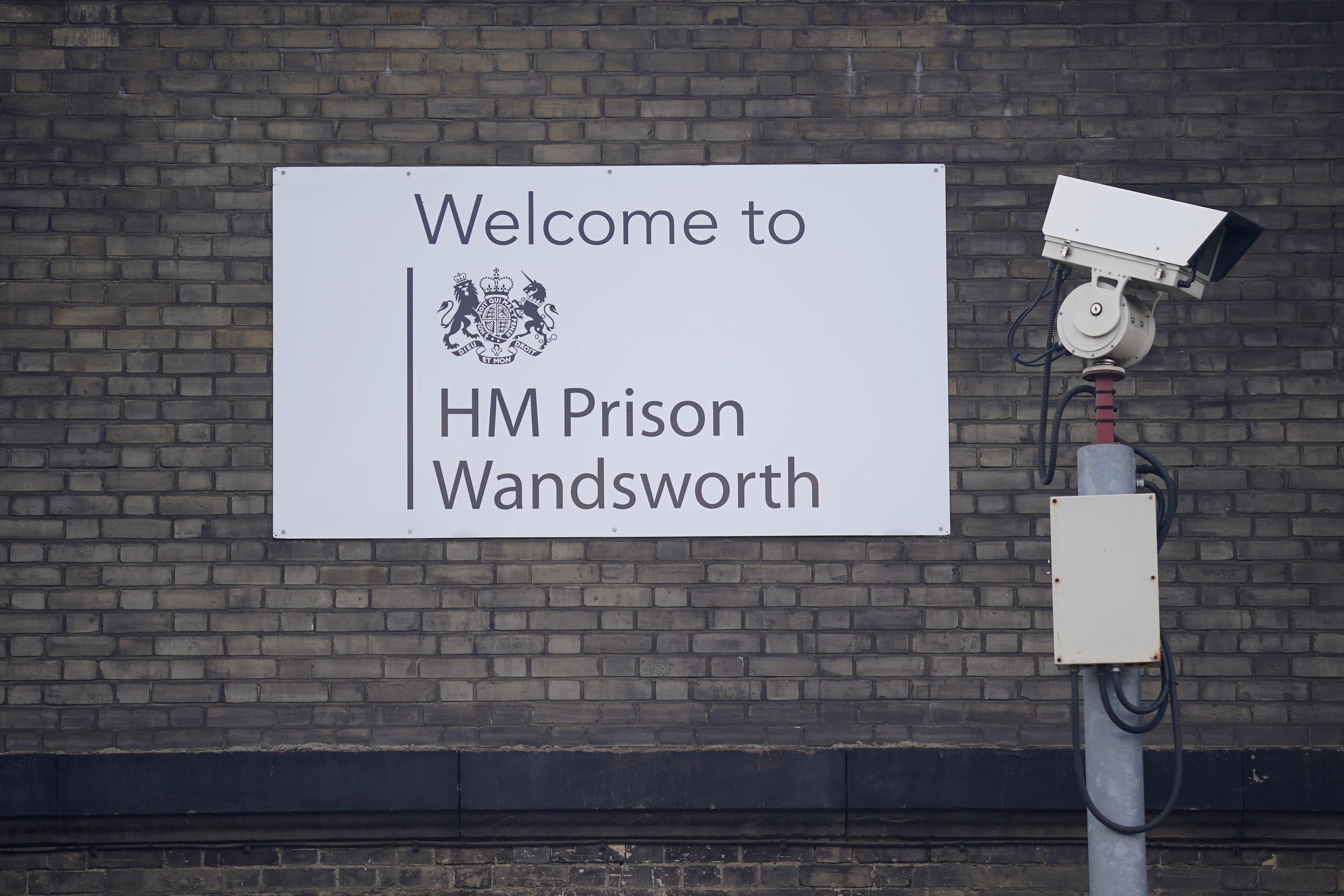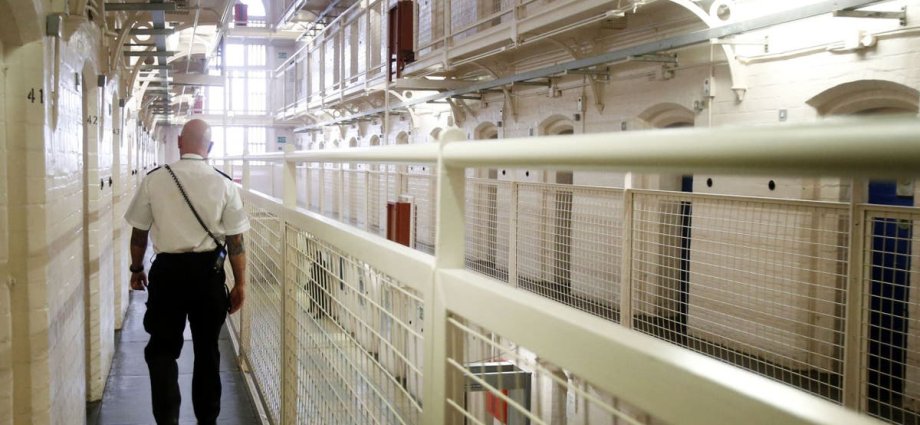Ministers are looking at plans for Texas-style reforms that would allow prisoners to reduce their jail sentences by earning points.
Inmates in Texas can cut down the amount of time spent behind bars by earning credit for good behaviour, as well as earning points for taking part in courses aimed at tackling the root causes of offending.
The courses include vocational workshops, education and training, as well as sessions on drug rehabilitation and behavioural change.

Justice secretary Shabana Mahmood is said to be planning a visit to Texas later this year as part of an attempt to mirror their approach to reducing high prison populations, as well as cutting down the rate of reoffending.
The Independent understands that it is not yet confirmed policy but Ms Mahmood, alongside prisons minister Lord Timpson, are interested in how the schemes could be implemented in Britain.
The prison population hit a record high of 88,521 in September before emergency measures to release inmates 40 per cent of the way through their sentences came into effect.
But this week it emerged that 37 offenders who were prosecuted using an old harassment law were released in error as part of the early release scheme.
The mistake, first reported by the Mirror, resulted from the inmates not being flagged as exempt from the temporary early release scheme.
Five prisoners have not yet been returned to jail but the remainder have been brought back into custody.

Offenders who had committed crimes linked with stalking, controlling or coercive behaviours in an intimate or family relationship, non-fatal strangulation and suffocation, and breach of restraining order were exempt from the scheme.
But a technical glitch meant that offenders prosecuted using the Protection from Harassment Act 1997 – which was replaced by the Sentencing Act in 2020 – were not labelled as being ineligible for early release.
Guidance has now been issued to staff to prevent further incorrect releases.
A Ministry of Justice spokesperson said: “Public safety is our first priority. That is why we took decisive action to fix the broken prison system we inherited and keep the most dangerous offenders locked up.
“This included blocking the early release of domestic abuse offences such as stalking and controlling behaviour.
“We are working with the police to urgently return a very small number of offenders – who were charged incorrectly and sentenced under repealed legislation – to custody.
“The convictions remain valid with offenders monitored since their release and will soon be back behind bars.”
Sir Keir Starmer’s spokesman added: “We’re working with the police urgently to return the people that you refer to who were sentenced using outdated legislation. They’ve all been monitored since their release so they will be brought back into prison.”











